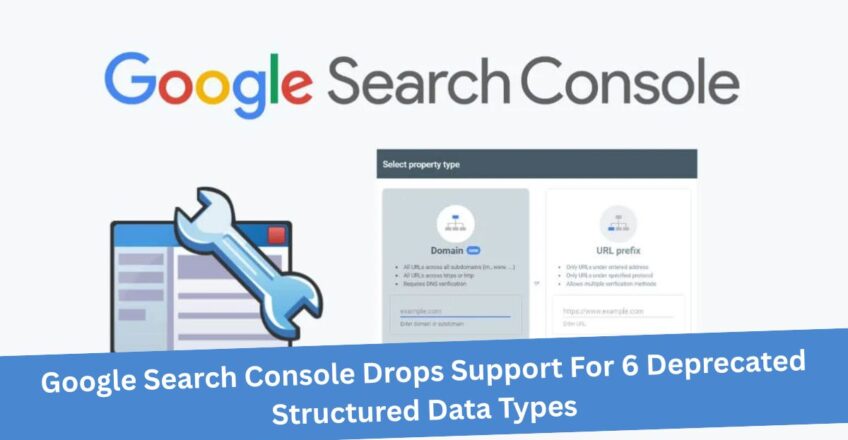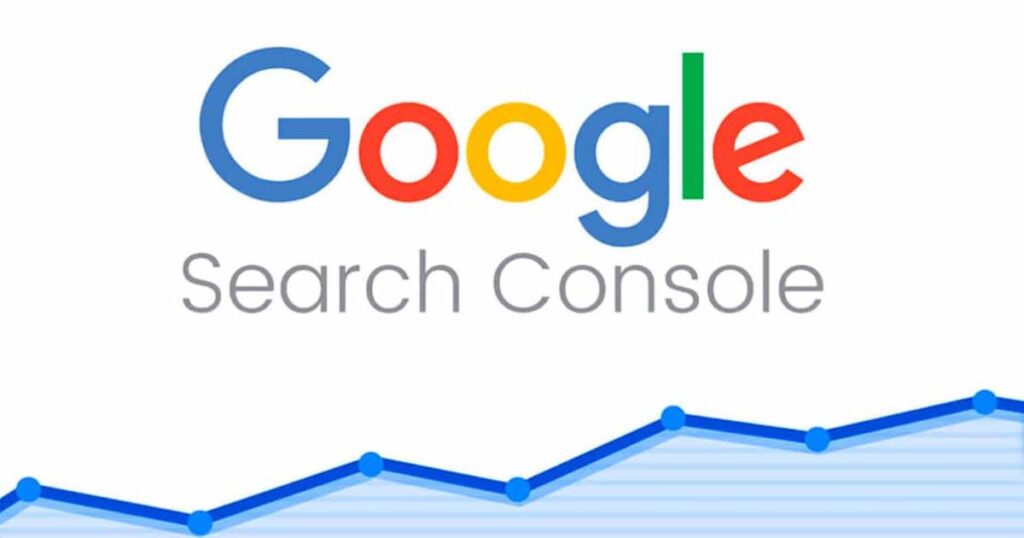
Google Search Console Says Goodbye to 6 Structured Data Reports: Here’s What You Need to Know
Table of Contents

If you’re a webmaster or SEO professional, you know that keeping a close eye on Google Search Console is part of the daily grind. It’s our window into how Google sees our sites, and it often provides crucial clues about what’s working and what’s not. That’s why a recent announcement from Google is turning a few heads: Search Console has officially dropped reporting for six previously deprecated structured data types.
This isn’t a surprise. Google announced a few months back that they were phasing out these specific rich results from their search pages. But now, the change is fully reflected in our favorite reporting tool. So, what’s gone, and what’s the real impact on your website?
The Deprecated Six (Plus One)
The following structured data types are no longer supported in Google Search Console’s rich result reports, the Rich Results Test, and related filters:
- Course Info: This was used to display details about online courses directly in search results.
- Claim Review: Designed for fact-checking organizations to show claim verification summaries.
- Estimated Salary: A feature that would show salary estimates for job listings.
- Learning Video: Provided enhanced details for educational video content.
- Special Announcement: A temporary schema created during the pandemic for time-sensitive alerts like closures or public health notices.
- Vehicle Listing: Used by car dealerships and marketplaces to display enhanced car listings.
You may recall that when this was first announced, a seventh type, Book Actions, was also on the list. Interestingly, for now, Book Actions remains in Search Console, though its long-term future is uncertain.
Why Is Google Doing This?
According to Google, the primary goal is to “simplify the Search results page” and “focus on other experiences that are more useful and widely used.” In short, these structured data types were either underutilized or no longer aligned with Google’s vision for a clean, consistent user experience.
Think of it this way: the web is constantly changing, and search needs to keep up. By trimming less-used features, Google can focus its resources on schemas that provide the most value for both users and site owners, like Product, Recipe, and Event markup.
The Real-World Impact on Your SEO
You’re probably wondering, “Does this hurt my rankings?” The short answer is no. Google has been clear that removing the rich results and the corresponding reporting will not directly impact your site’s core ranking. Your pages can still be indexed and ranked just as they were before.
However, there is a tangible effect. The structured data for these types previously helped your content stand out in the search results, potentially leading to a higher click-through rate (CTR). With the removal of the rich snippets, that visual advantage is gone.
For sites that heavily relied on one of these deprecated types—like an educational platform using Course Info or a fact-checking site using Claim Review—this change means you’ve lost a key tool for driving clicks from the SERP. The reporting is also gone, which means you can no longer use Search Console to track the performance of these specific rich results.
What You Should Do Now
Don’t panic! Here’s a quick action plan to make sure your site stays on the right track:
- Audit Your Structured Data: Go through your site and identify if you’re using any of the deprecated schemas. While you don’t have to remove the code—it won’t cause errors—it’s good practice to clean up your site’s code and focus on what’s currently supported.
- Shift Your Strategy: Look for other, more relevant structured data types that are still supported. Can you use
VideoObjectfor your learning videos? Or perhaps a combination ofArticleandFAQPagefor your other content? - Use Search Console to Monitor for New Opportunities: While some reports are gone, Search Console is still your best friend. Use the Rich Results Test to validate any new structured data you implement, and keep an eye on the “Enhancements” section for other opportunities to improve your site’s appearance.
Google’s move is a reminder that the world of SEO is always in flux. Staying agile, keeping up with changes, and focusing on creating a great user experience with the tools that matter is the best way to succeed. This isn’t a penalty; it’s a pivot, and it’s time for us to pivot with them.
More Links:
How to Set Focus Keyphrase in Yoast in WordPress
